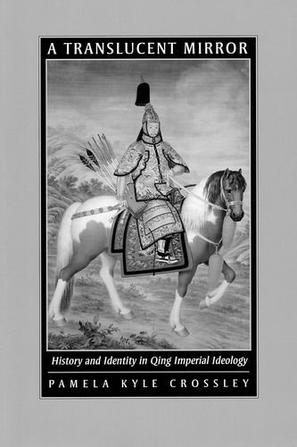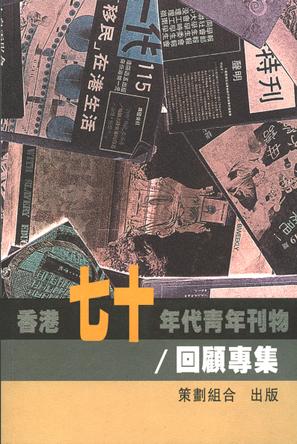In this landmark exploration of the origins of nationalism and cultural identity in China, Pamela Kyle Crossley traces the ways in which a large, early modern empire of Eurasia, the Qing (1636-1912), incorporated neighboring, but disparate, political traditions into a new style of emperorship. Drawing on a wide variety of primary sources, including Manchu, Korean, and Chinese a...
In this landmark exploration of the origins of nationalism and cultural identity in China, Pamela Kyle Crossley traces the ways in which a large, early modern empire of Eurasia, the Qing (1636-1912), incorporated neighboring, but disparate, political traditions into a new style of emperorship. Drawing on a wide variety of primary sources, including Manchu, Korean, and Chinese archival materials, Crossley argues that distortions introduced in seventeenth- and eighteenth-century historical records have blinded scholars to the actual course of events in the early years of the dynasty. This groundbreaking study examines the relationship between the increasingly abstract ideology of the centralizing emperorship of the Qing and the establishment of concepts of identity in the seventeenth and eighteenth centuries, before the advent of nationalism in China.
Concluding with a broad-ranging postscript on the implications of her research for studies of nationalism and nation-building throughout modern Chinese history, A Translucent Mirror combines a readable narrative with a sophisticated, revisionary look at China's history. Crossley's book will alter current understandings of the Qing emperorship, the evolution of concepts of ethnicity, and the legacy of Qing rule for modern Chinese nationalism.
Review
"This engaging work is deeply nuanced and stimulating, and will shape the way scholars define 'China' and 'Chinese.'" -- R. E. Entenmann, Choice
From the Inside Flap
The emperor was fascinated with the ability of the long-lived Castiglione to capture him at so many stages of his life from youth to later middle age. When he was himself aged, the emperor more than once in his poetry commemorated his wonder at being able, as a bent and blanched old man, to enter a room and be confronted by his youthful self --always noting that he hardly knew at whom he was looking. He made such a comment in reference to the 1758 work known as "Qianlong Reviewing the Troops," which one may take as the most intimate and most complete portrayal of the universal emperor.
The equestrian portrait --drawing upon both European and Inner Asian images-- was implicitly but unmistakably the depiction of militant centrality, enforcing true thought and speech in the unbounded world.
--from Chapter Five, "The Wheel-Turning King," of A Translucent Mirror.
Pamela Kyle Crossley is Rosenwald Research Professor of History, Dartmouth College; author of Orphan Warriors: Three Manchu Generations and the End of the Qing World (1990) and The Manchus (1997); and coauthor (with Richard Bulliet and Dan Headrick) of The Earth and Its Peoples (1997).
 A Translucent Mirrortxt,chm,pdf,epub,mobi下载
A Translucent Mirrortxt,chm,pdf,epub,mobi下载 首页
首页



对于入门看者,这算是相当不错了
超赞
作者让我脑洞大开
需要静下心慢慢看